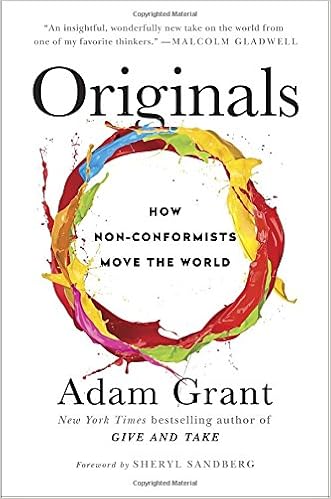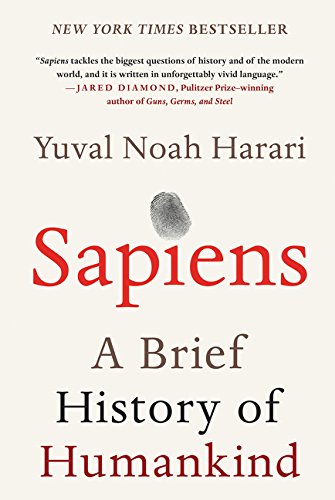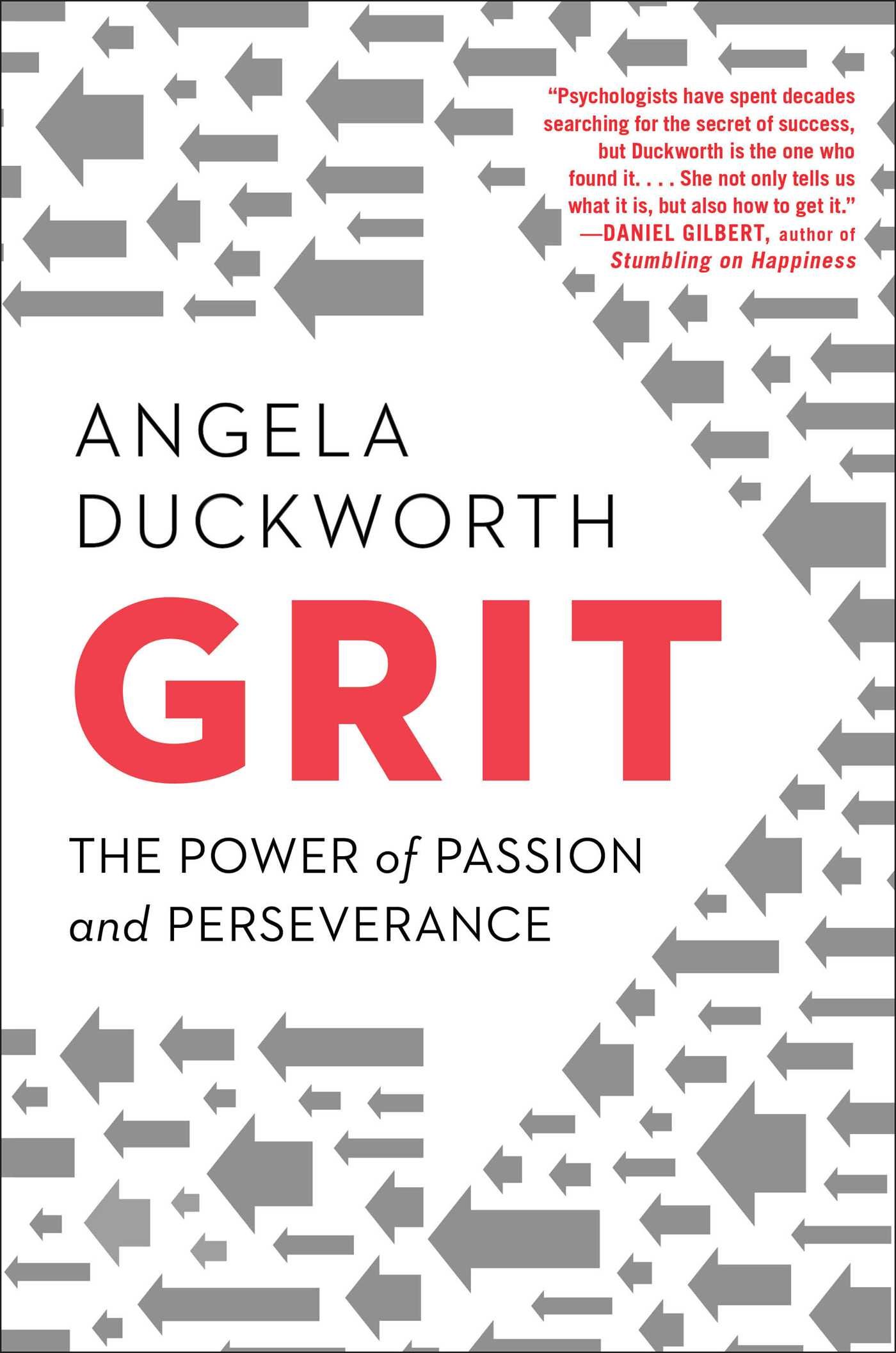By Adam Grant (2016)
Pages: 326,Final verdict: Should-read
How can someone overthrow a dictatorship, fight for a paradigm shifting change at the CIA or create the next billion dollar company? What do originals and non-conformists have in common and how can we get inspired by them?
In an effort to answer these questions (and others), Adam Grant embarked on a journey to decode originality, digging into the history books to bring us an insightful view of how we can become more creative. Through the journey, he takes lessons from icons such as Martin Luther King, the founders of Warby Parker, or the man behind the Segway flop.
You can be original too
It seems that books on social sciences have never been more popular. From Thinking Fast and Slow, The Black Swan and Predictably Irrational, the study of what makes us act the way we do seems to be very appealing to the world outside academia. Originals is no different. And to set the stage of how some of us are more likely to break existing paradigms than others, Adam begins by contextualizing what it means to be original, only to start busting a few myths of actual being one.
"Originality is taking the road less traveled, championing a set of novel ideas that go against the grain but ultimately make things better" - Adam Grant
Originals are not so different from the rest of us. They are fearful and risk-averse. They also procrastinate and have bad ideas, and perhaps because of that they are more likely to take a sip from the fountain of creativity (I know, right?).
To walk us through these differences and similarities, Originals is structured around 8 personality traits, birth rights and social characteristics that help lead your life to higher creative grounds. And in the process, you'll see why the internet browser you have at work is highly correlated to your productivity, why John legend kept working as a management consultant at BCG after releasing his first album or why the holy grail of the "first mover advantage" is actually likely to kill your company.
Taking action
Seeing life through the stories of Jackie Robinson - the first African-American to play Major League Baseball - Leonardo da Vinci and the group of women behind the American suffrage movement can be eye opening.
To complement a long list of social experiments covered throughout the book - one of my favorites includes correlating group singing of "O Canada" to sharing wealth - Adam saves the last chapter to share a few "practical actions to unleash originality", including:
- Generating and recognizing original ideas by tripling the number of ideas you generate, immersing yourself in a different domain or procrastinating strategically
- Voicing and championing original ideas by being a tempered radical or making your ideas more familiar to the audience (straight out of an example with Lion King)
- Ideas for parents and teachers on linking good behaviors to moral character or emphasizing values over rules
And can you really take these advices to your life? To give it a try, I've already started "procrastinating strategically" by writing these last sections of the review just before publishing...let's see how it goes.
Bottom line
The essay on originality brought to us by Adam Grant was a positive surprise. Broad enough to tackle different areas of why some of us think and act differently, it combines tons of research with historical examples that back his theories up.
However, the lack of robustness and depth across all chapters weakens a few of the points the author is trying to make. And usual to most books on social science, some of the examples feel (at times) too nudged and cherrypicked to corroborate Adam's thesis.
Why is this book relevant now? Our world is living both exciting and scary times. While disruptive technologies are taking some of the sectors of our economy by storm and bring a new set of untapped opportunities, right-wing parties are on the rise, world hunger is far from resolved and Trump might be President! In more than one way, the time to act is now and originals and non-conformists have a role to play shaping our future.
Further learning:
- Buy the book online.
- Visit Adam Grants website to know more about him and his research



